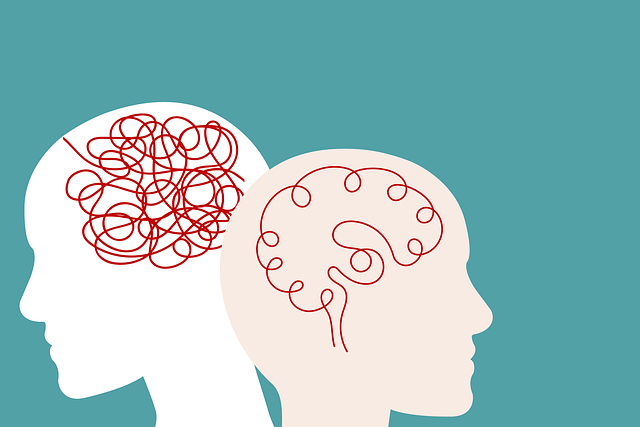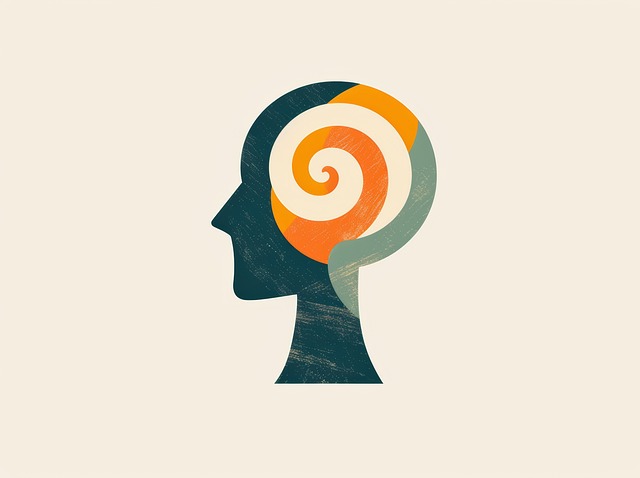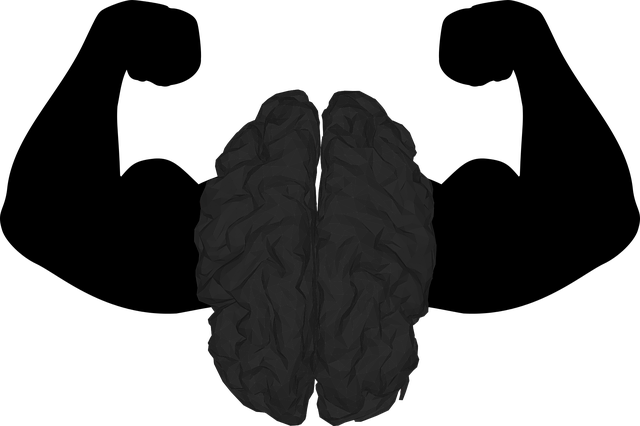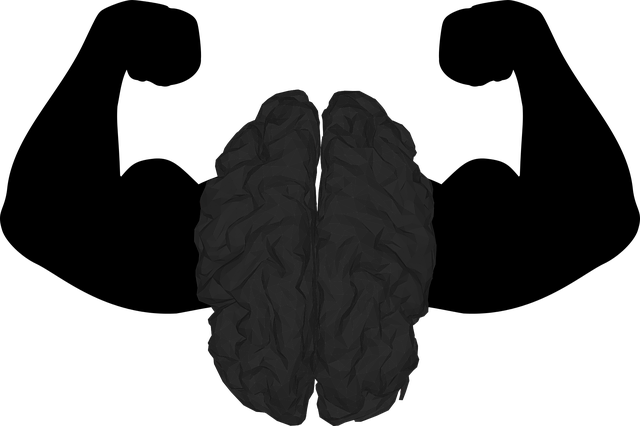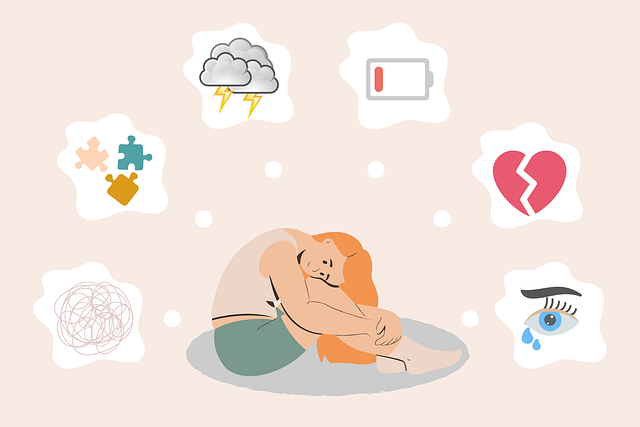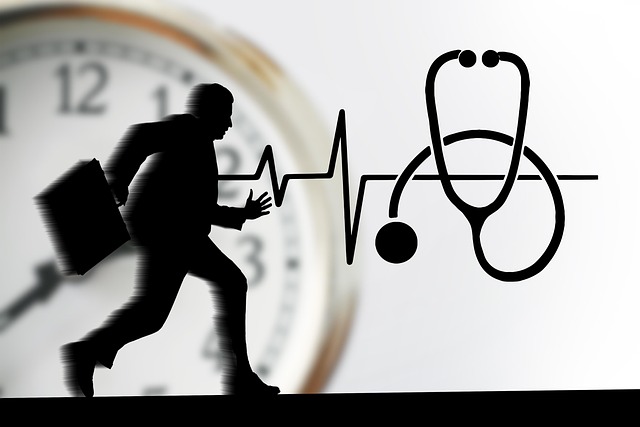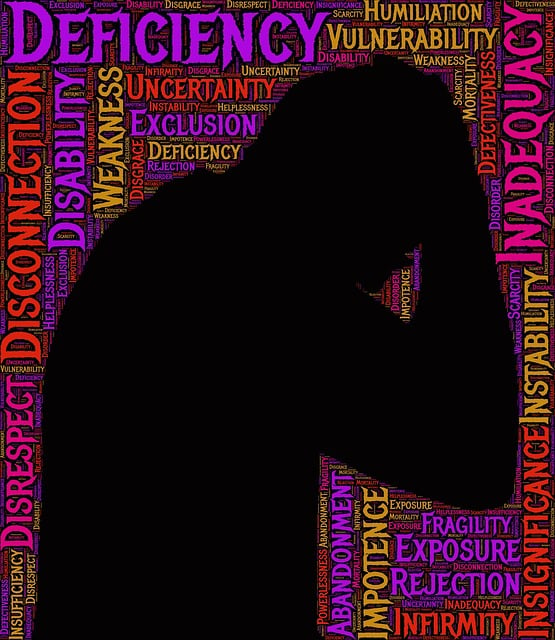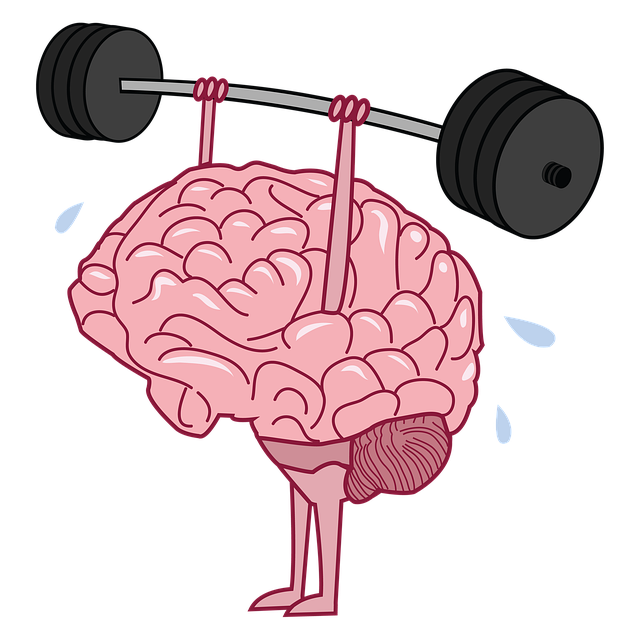Early recognition of depression signs is key to implementing Superior Suicide Prevention Therapy. By identifying subtle changes in mood, energy, and behavior, individuals can access timely interventions like Cognitive Behavioral Therapy (CBT) or Interpersonal Therapy (IPT). Lifestyle modifications such as regular exercise, balanced diet, and mindfulness techniques are also crucial. Policy advocacy and community outreach programs aim to reduce stigma, foster resilience, and provide a supportive environment for improved mental well-being and recovery from depression.
Depression is a prevalent and serious mental health condition, but it’s not an insurmountable challenge. By implementing effective strategies, individuals can prevent and manage depression. This article explores three key aspects of superior suicide prevention therapy: recognizing early signs and symptoms, understanding therapeutic interventions, and adopting lifestyle modifications that foster resilience and overall well-being. Through these approaches, we aim to empower individuals to take proactive steps towards a brighter, healthier mindset.
- Recognizing Early Signs and Symptoms: A Proactive Approach
- Therapeutic Interventions: Effective Treatments for Depression
- Lifestyle Modifications: Cultivating Resilience and Well-being
Recognizing Early Signs and Symptoms: A Proactive Approach

Recognizing the early signs and symptoms of depression is a proactive approach to superior suicide prevention therapy. By understanding the subtle changes in mood, energy levels, and behavior, individuals can seek timely intervention before symptoms escalate. This involves paying close attention to persistent feelings of sadness, hopelessness, or worthlessness, as well as changes in appetite, sleep patterns, and concentration. Early recognition allows for effective crisis intervention guidance, ensuring individuals receive the necessary trauma support services and access to mental health professionals.
Promoting mental illness stigma reduction efforts is crucial in fostering an environment where people feel comfortable discussing their struggles openly. Educating ourselves and others about depression’s signs and symptoms can break down barriers, encourage help-seeking behaviors, and ultimately save lives. Remember, with the right support and treatment, recovery from depression is achievable, and proactive measures like recognizing early signs can make a significant difference in an individual’s journey towards mental well-being.
Therapeutic Interventions: Effective Treatments for Depression

Depression prevention strategies encompass a range of therapeutic interventions that have proven effective in treating this common mental health disorder. One of the most robust suicide prevention therapies, Cognitive Behavioral Therapy (CBT), focuses on identifying and changing negative thought patterns and behaviors. By teaching individuals to challenge distorted thinking and adopt healthier coping mechanisms, CBT empowers them to manage depressive symptoms proactively.
Additionally, interventions like interpersonal therapy (IPT) target social relationships and life events as potential triggers for depression. This approach facilitates self-awareness exercises and resilience building by helping individuals navigate difficult situations and strengthen their support networks. Mental health policy analysis and advocacy play a crucial role in ensuring access to these evidence-based treatments on a larger scale, thereby reducing the burden of depression and promoting overall mental well-being.
Lifestyle Modifications: Cultivating Resilience and Well-being

Depression prevention strategies begin with acknowledging the power of lifestyle modifications to cultivate resilience and well-being. Engaging in regular physical activity, maintaining a balanced diet, and prioritizing adequate sleep are foundational practices that support mental health. These habits not only promote emotional stability but also enhance coping mechanisms, providing an effective anxiety relief and suicide prevention therapy. Furthermore, integrating mindfulness techniques, such as meditation or deep breathing exercises, can significantly aid in managing stress and fostering a sense of calm.
Building strong social connections is another critical component of depression prevention. Engaging in community outreach program implementation encourages social support networks that offer emotional healing processes and a sense of belonging. These connections can provide a safety net during challenging times, promote positive interactions, and foster a supportive environment conducive to mental well-being. By adopting these lifestyle modifications, individuals can proactively strengthen their resilience and mitigate the risk of depressive episodes.
Depression is a serious yet treatable condition, and employing a multi-faceted approach can significantly enhance recovery. By recognizing early signs, exploring effective therapeutic interventions like Superior Suicide Prevention Therapy, and adopting positive lifestyle modifications, individuals can build resilience and improve overall well-being. These strategies empower individuals to take charge of their mental health, fostering a brighter and more hopeful future.
